The UAS experience
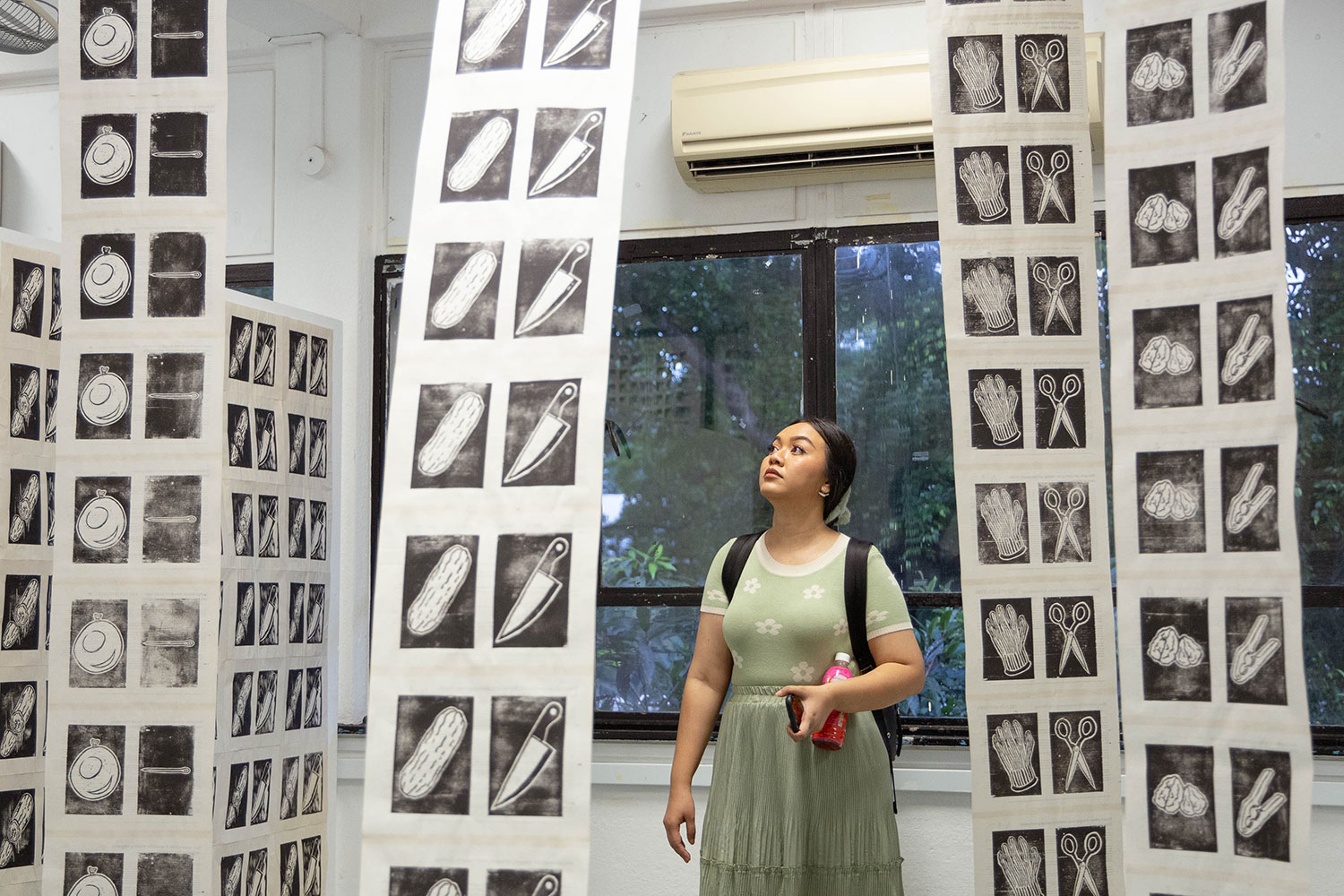
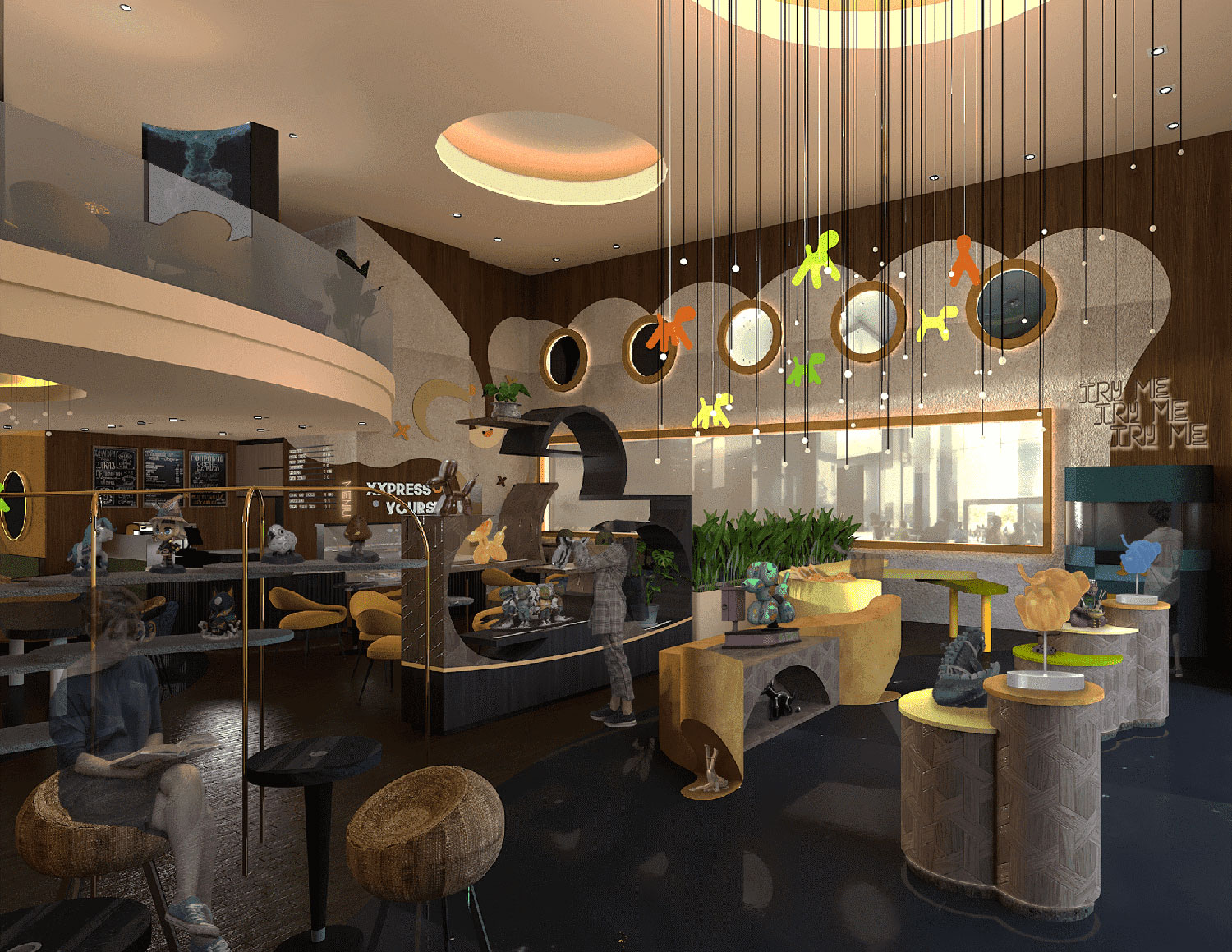
At UAS, our core philosophy emphasises a transformative arts education driven by a unique global perspective. Our experiential learning programme is designed to shape you into the artists, leaders, and scholars of tomorrow. Be equipped with the knowledge and skills to navigate the digital realm and a volatile, uncertain, complex and ambiguous (VUCA) landscape. Learn to push the boundaries of traditional and contemporary artistic mediums. Become a changemaker who is critical, curious, resilient, innovative, and courageous—values that will serve as your compass and help guide your artistic journey.
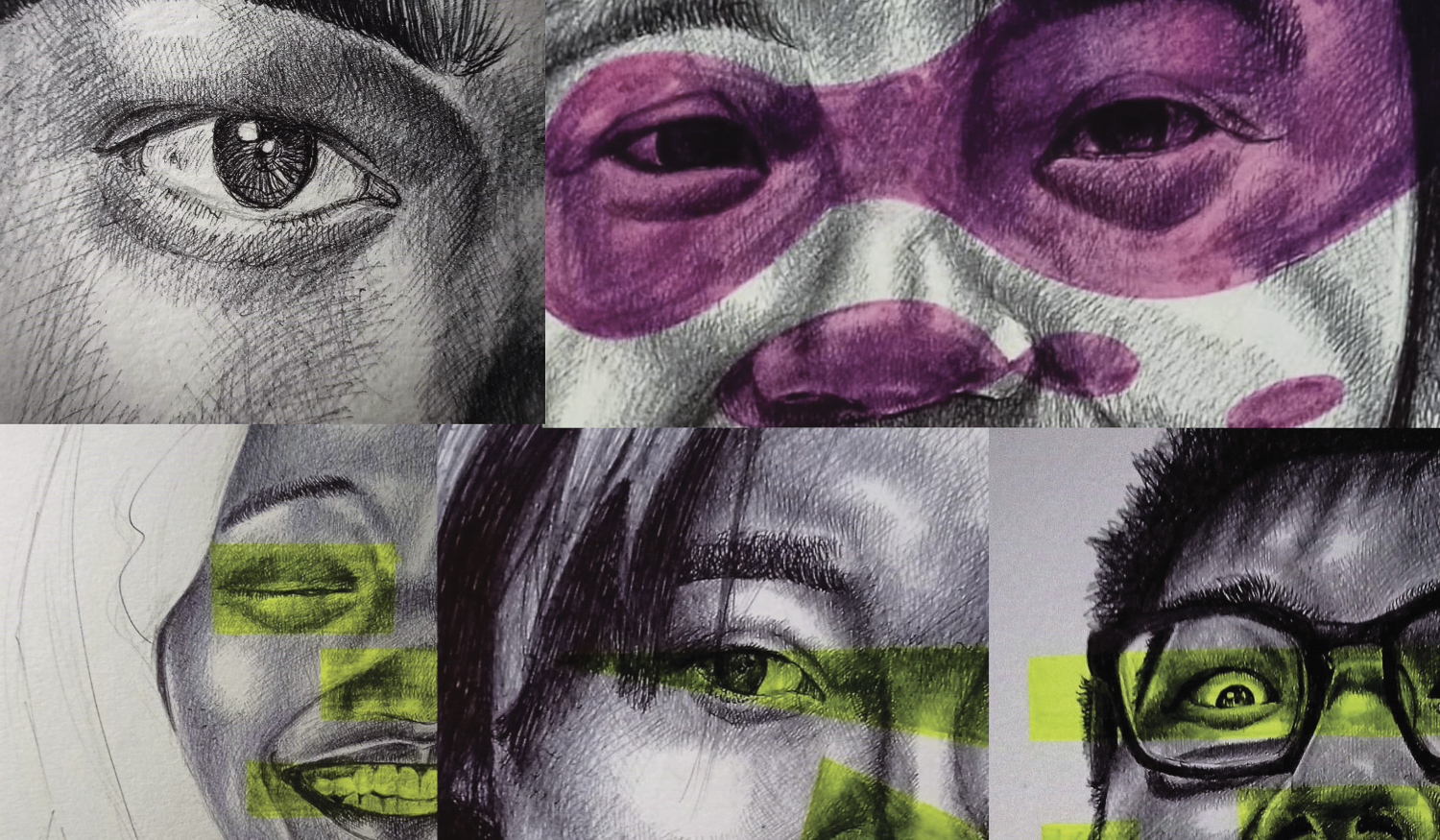
UAS common curriculum
Our UAS-conferred BA (Hons) LASALLE and NAFA programmes focus on specialised learning in a wide range of arts and design disciplines. At the same time, these programmes are complemented by the UAS Common Curriculum, bringing together LASALLE and NAFA students in joint classes for the IN-depth module and the Career Skills module. These two components of the Common Curriculum, together with Industry-Based Learning module, are non-credit-bearing graduation requirements for all UAS LASALLE and NAFA undergraduates.
Our UAS educational mission is not confined to enabling our graduates to perform well in the job market. In addition to disciplinary knowledge and specialised skills, our graduates today must be prepared to face many challenges and thrive in a dynamically evolving societal, regional, and global environment. University education is more than just a pathway to a single career, it is the beginning of a lifetime of continuous learning in both personal and professional spheres.
Beyond gaining mastery in specific disciplines in the arts, the UAS Common Curriculum is designed to equip our undergraduates with skills and mindsets for lifelong learning, including critical and creative thinking, resilience and resourcefulness, and the capacities for making informed judgements and responsible decisions.
Learn more about the UAS Common Curriculum:
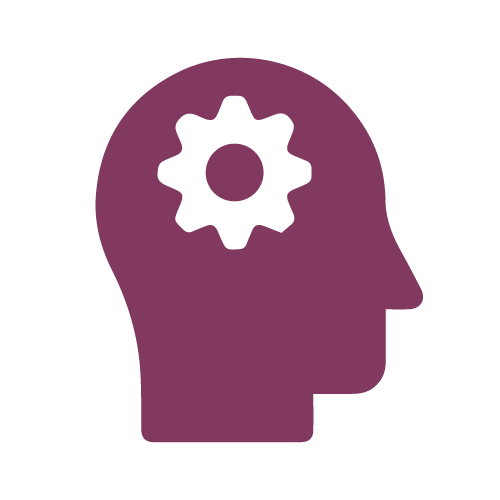
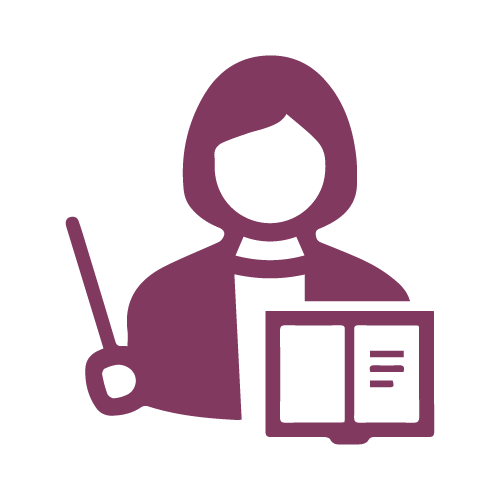

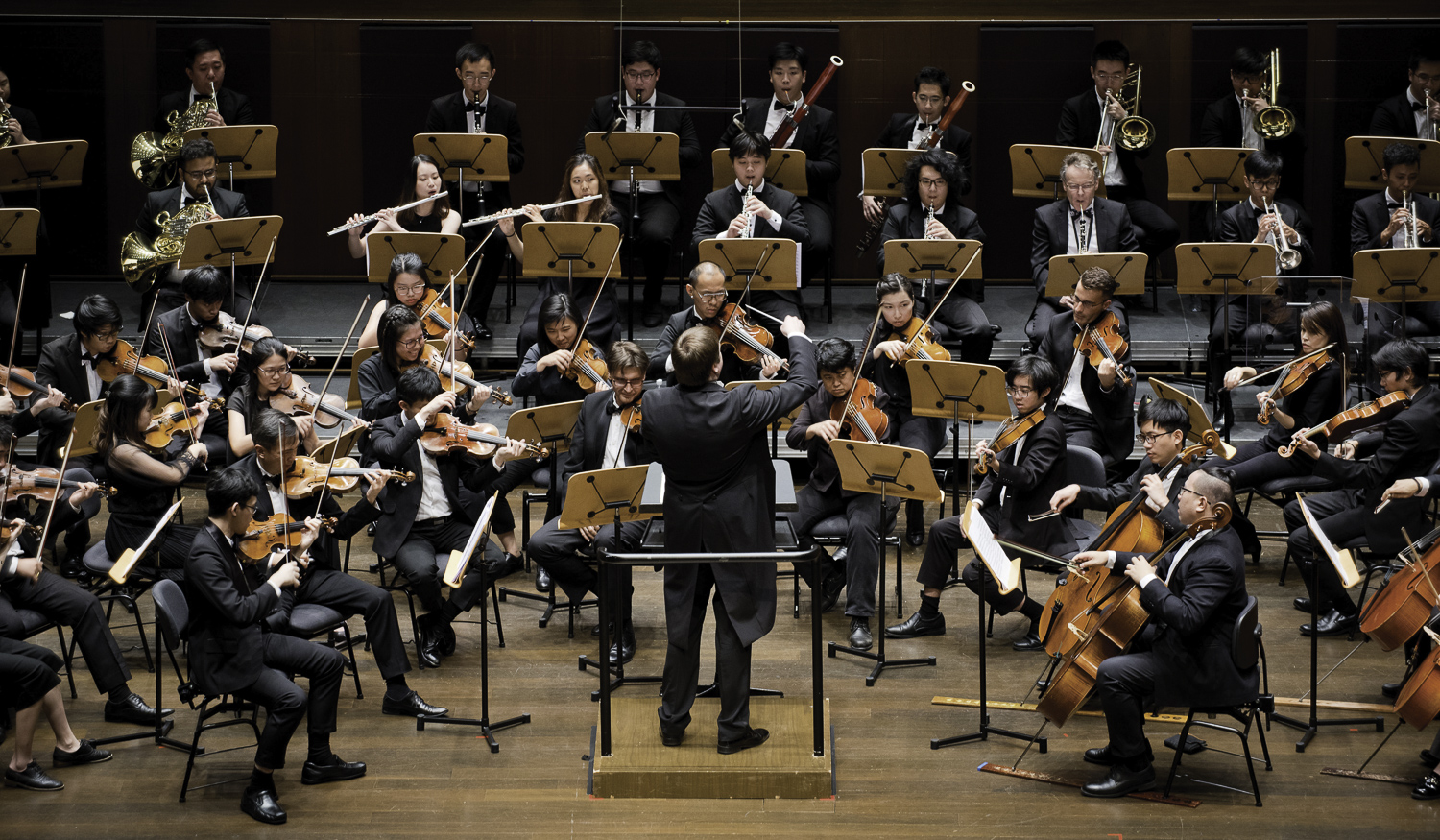
Faculty
UAS faculty members are more than just artist-educators; they are mentors, collaborators and sources of inspiration. They are professional artists and designers with extensive industry experience, many of whom are award winners, renowned and respected in their respective fields. Learn from the best and obtain insights and expertise from the industry. Gain real-world experiences in an immersive, hands-on environment that will help bridge the gap between theory and practice.
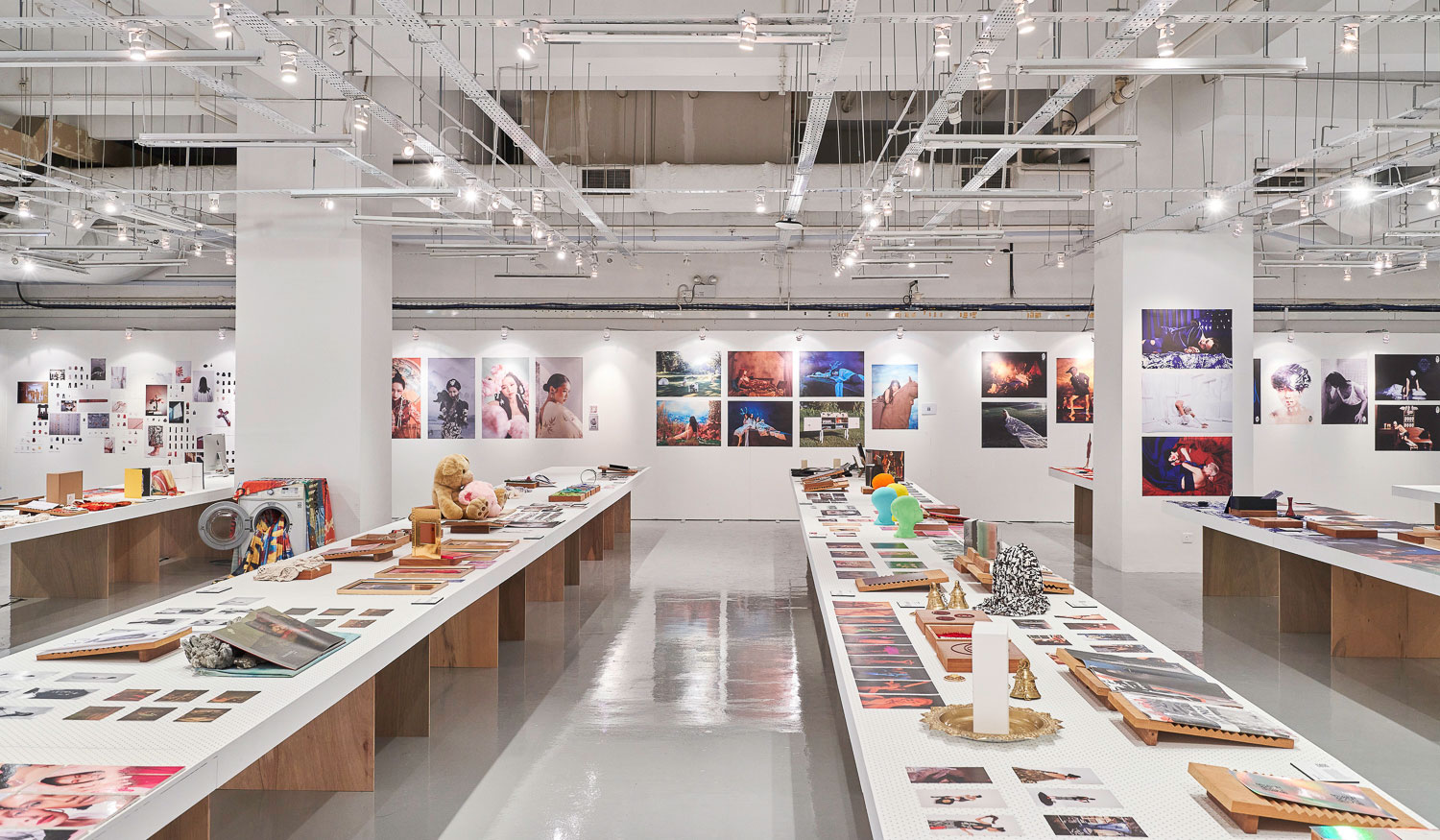
Industry partnership and collaboration
UAS offers all students the opportunity to enhance their learning journey by working with actual companies, either in creative industries or through creative positions in non-creative industries. Partnerships and collaborations are the springboard for solving global challenges through creative ideation. The learning also continues through student internships, offering all learners the opportunity to gain real experience in industry.
Industry collaborations at UAS take place on several levels, from simple design competitions open to all students, to more formalised live projects embedded in the curriculum. These allow students to engage and learn from top industry professionals, while finding creative solutions for real-life challenges. Many projects are worked on in teams to promote interactive collaboration and group problem-solving. The highest level of engagement with industry are our capstone projects, pairing select students with industry leaders in longer, high visibility projects.
For companies interested in learning more about becoming a UAS industry partner, please contact us at industry@uas.edu.sg.




